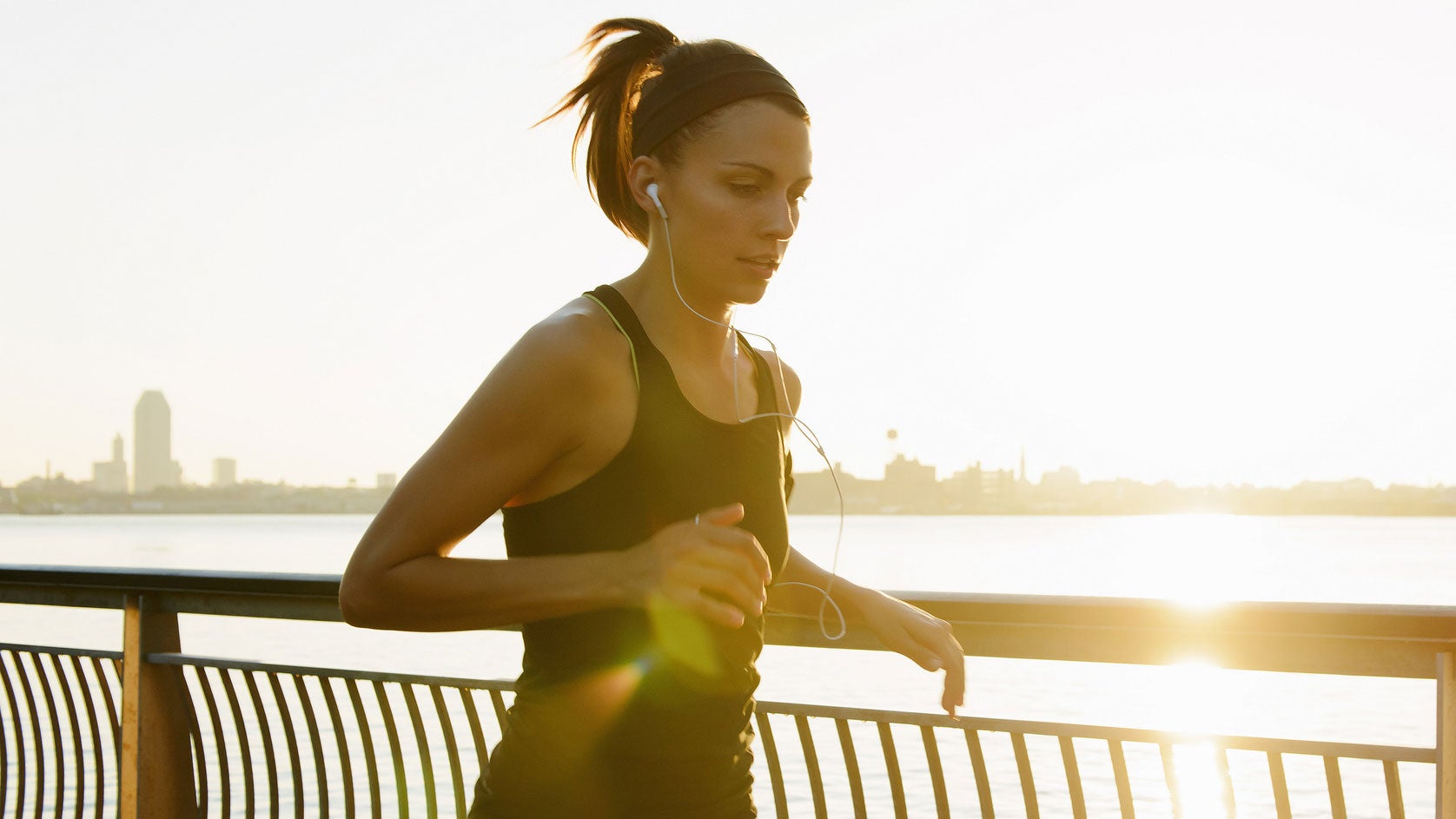Could Exercise Actually Boost Immune Health?

Many athletes are scaling back on long or intense workouts during the COVID-19 pandemic, citing concerns about lowered immune systems as a result of hard efforts. But researchers at the University of Bath say that an abundance of caution may not be necessary when it comes to exercise and immune health.
The analysis, published in the latest issue of international journal Exercise Immunology Review, takes on the “open window” hypothesis of immune function, a long-held assumption that strenuous exercise suppresses immune function for anywhere from hours to days, leading to an opportunity (or “open window”) for pathogens to invade the body. Researchers John Campbell and James Turner say this hypothesis is not well-supported by scientific evidence. Instead, they say the research shows exercise increases, not decreases, immunity in humans: first, by strengthening the immune system’s ability to find and deal with pathogens, then by keeping the systems of the body running smoothly. Additionally, the analysis concludes that athletes are not at more risk of infection than the general public. In fact, the article concludes that infections are more likely to be linked to inadequate diet, stress, and insufficient sleep.
So how did we get to such a widespread belief that exercise is an immunity killer? It’s likely because people do get symptoms after racing. In the 1980s, a series of articles came out showing that marathon runners reported higher numbers of respiratory infection symptoms in the days and weeks after the race. But the keyword here is “reported”–these studies relied on what runners said, not what they actually had. In controlled laboratory studies, runners mostly had airway irritations post-race, not actual respiratory infections. It’s also important to note that many of the studies done on exercise and immunity have been performed on animals, not humans, and advice for mice doesn’t always extrapolate well to people. Campbell and Turner argue that more robust evidence in humans shows immunity is enhanced–or at least unchanged–when exposed to pathogens after exercise.
But what about the people who actually do get sick after a race? The researchers say it’s likely because of a combination of two big factors: stress and social exposure. Races are usually crowded, and–as we’re currently getting schooled on with COVID-19–crowded spaces tend to be prime spots for pathogen spread. That, coupled with pre-race nerves, sleep deprivation before an early start, and the unique stressors of race day create the “open window” for infection–not the exercise itself.
“Our work has concluded that there is very limited evidence for exercise directly increasing the risk of becoming infected with viruses,” says Turner. “In the context of coronavirus and the conditions we find ourselves in today, the most important consideration is reducing your exposure from other people who may be carrying the virus.”
Of course, this isn’t the be-all, end-all of this contentious issue of exercise and immune health. Saying there’s “limited” causal evidence linking exercise and decreased immunity can mean just that–the evidence is limited. Research on exercise and immunity has been evolving for years, and is still teasing out confounding variables like travel, stress, and even specific nutrients within the diet. As the body of research continues to grow, athletes should review the data available and make informed decisions about how they’ll structure their workouts.
For those missing long rides or tough interval sessions, this challenge to the “open window” hypothesis about exercise and immune health is probably welcomed, but that doesn’t necessarily mean it should be taken as a free pass to go crazy. Get that ride, run, or strength training session in, but with a few caveats. Remember, stress is a major contributor to immune function (or lack thereof), so if you’re currently feeling overwhelmed with life stressors, don’t pile on with physical stress as well. If you haven’t progressively built to a century ride, now is not the time to just hop on your bike and ride 100 miles, even if you do have the hours in your day to fill. Additionally, fly solo (for now!), keep your hands away from your face during your workout, and hop in the shower when you get home (or, at the very least, wash your hands). Most importantly, pay attention to your diet, sleep, and stress levels–that’s what’s going to keep you healthy in the long run.